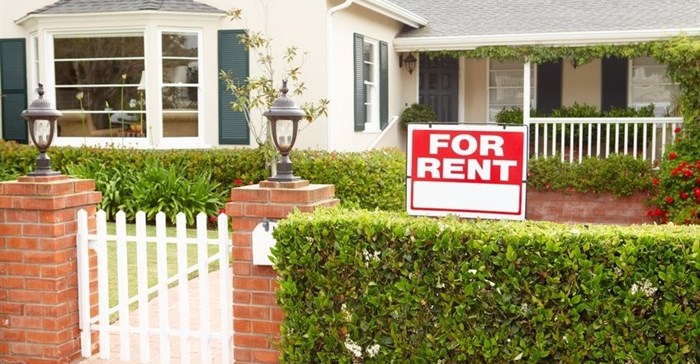
Some advantages of letting out your property:
A rental income will be generated when the property is let out. This money can be used to pay the bond on the property, as well as other expenses related to the home, provided of course that the rental income is sufficient to cover these overheads. Even in the instance where the money received is not enough to cover everything, it will provide some financial relief to a homeowner who needs to pay for a bond and possibly a rental on another property as well.
While there is a certain amount of risk to having a tenant in the home, leaving the home unoccupied can come at a greater cost. If the home is vacant, it can become a target for thieves, vandals or squatters. This is especially true if the owner has relocated to another city or province and is not able to keep an eye on the property on a regular basis. Having the right tenant in the home provides some protection to the property and they could also assist in maintaining it.
If the owner decides that they would like to sell the property at a later stage, there is always the possibility that the tenant may decide to purchase it. The tenant may have been renting while they were saving for a deposit or to cover other costs associated with a property transaction and could be the ideal buyer. The rental deposit could also be used as part of the purchase deposit.
The only way that letting out the property can be a financially viable option is if the owner can afford to rent or buy somewhere else. In the instance where the homeowner has relocated and intends to purchase another home, they may require the equity from their previous home as a deposit. If this is the case, then letting out the home would not be an option.
If the tenant does not want to purchase the home, they may not be very cooperative during the sales process and could make it difficult for buyers to view the property. There is also the risk that the tenant has done little to ensure the upkeep of the property or has caused damage. If the home is unoccupied, it is far easier to make repairs, clean up and get the property ready for show days.
Once a tenant has taken occupancy of a property it can be a long and tedious process to evict them, even if they are no longer paying their monthly rental. Landlords always run the risk of having to deal with a delinquent tenant who is costing them money and possibly causing damage to the property. Incurring additional expenses such as lawyer’s fees completely eliminates any benefits of renting the property out. This risk can be mitigated to a degree by proper vetting and background checks of all possible tenants.
Managing a rental property could prove to be rather difficult, especially if the homeowner is living in another city. If this is the situation, it would make sense to hire a property management agent who has the expertise to effectively vet tenants, collect rent and ensure the property is well looked after.
Looking at both the advantages and disadvantages will assist homeowners to determine whether letting out their property is the best decision for them in their current situation. While becoming a landlord can be beneficial, it is definitely not for everyone.
